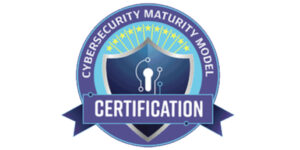Midsize firms frequently get caught in a confusing maze of acronyms when navigating the changing world of digital commerce, each of which stands for crucial cybersecurity compliance criteria. These laws, which range from SOC 2 to GDPR, establish the standard for protecting sensitive and consumer data. Let’s examine each major compliance requirement in more detail while demystifying the subtleties so that businesses can better understand their responsibilities.
Understanding Cybersecurity Compliance’s Core Concepts
At its core, cybersecurity compliance denotes conformity to particular regulations that specify the security precautions to be taken with regard to sensitive data and consumer data. These requirements, which provide the basis for strong information security, may be set by governmental agencies, business associations, or industry groupings.
GDPR: The European Standard with International Consequences
The General Data Protection Regulation (GDPR), a significant piece of data protection legislation, has an impact outside of Europe. The GDPR regulations must be followed by every entity, wherever it may be, that handles the personal data of EU individuals. GDPR provides thorough coverage, encompassing everything from simple identifiers like names and IP addresses to complex information like medical records.
Steering Toward GDPR Compliance: It’s not difficult to create a policy that complies with GDPR. Businesses can be guided by materials that are available, such as templates from SANS. Automated platforms can also play a crucial role in identifying compliance-related areas and those that need to be adjusted. By supporting the compliance journey with tools like Intruder, for example, organizations can be sure that the required safeguards are in place.
The Purpose and Relevance of GDPR: GDPR marks a major change in the way that personal data is handled. It is more than merely a law. It emphasizes the value of openness, responsibility, and data subjects’ empowerment. Non-compliance can damage an organization’s reputation in addition to incurring expensive fines. It’s critical to realize that GDPR champions consumer privacy and trust rather than strangling business.
SOC 2: The Best Friend for a Digital Business
SOC 2 establishes standards for the digital data spectrum, including storage, handling, and transmission. These standards are particularly pertinent to SaaS and digital-first businesses. It offers both a moment in time snapshot and ongoing cybersecurity status monitoring for a business.
Getting Around SOC 2 Waters: Although it is not legally enforceable, obtaining SOC 2 is frequently regarded as a sign of effective cybersecurity procedures. A mix of proactive system monitoring, fast breach alarms, and rigorous audit procedures centered upon five crucial “trust principles” are needed to implement its criteria.
Expanding on SOC 2: The certification demonstrates a company’s commitment to data security, and its ongoing nature makes sure that companies continue to take a preventative approach to security. Adhering to SOC 2 gives organizations an advantage by demonstrating their unshakable commitment to protecting client data in the face of the proliferation of cyber threats.
The Gold Standard for Data Protection is ISO 27001
A worldwide standard, ISO 27001 outlines the best methods for protecting a variety of data kinds, including financial records and intellectual property. By receiving this accreditation, a company demonstrates that it adheres to top-notch information security standards.
Understanding ISO 27001 Compliance: Obtaining the certification requires hard evidence of consistent best practices. This journey can be greatly facilitated by tools like Intruder, which ensure that vulnerabilities are quickly identified and fixed.
Relevance and Strictness of ISO 27001 The framework promotes a continuous improvement strategy in addition to the strict requirements. It’s important to foster an environment where security is always being improved rather than only meeting a requirement. Its acceptance by international businesses and governments underlines its significance in the current digital era.
A Must for Card-Related Transactions Is PCI DSS
PCI DSS requires close attention if card transactions are a part of your company’s operations. Major card issuers support this standard, which guarantees the highest level of security for the protection of cardholder data.
Obtaining PCI DSS Compliance: The requirements are strict, but even smaller firms can successfully navigate the compliance road with the correct tools and platforms. It’s essential to comprehend the specific requirements and adjust as necessary.
The significance of PCI DSS goes beyond its technical requirements to emphasize the value of trust. Businesses may reassure their customers that every transaction is secure by conforming to PCI DSS. Compliance with PCI DSS can be a key distinction in a time when digital payments predominate.
Prioritizing Patient Data Under HIPAA
HIPAA is crucial for all organizations connected to or operating inside the US healthcare industry. The highest standards of privacy and security are upheld while focusing on protecting patient data.
HIPAA Compliance Simplified: Successful risk management is essential to HIPAA. A business can maintain compliance by doing regular risk assessments and utilizing tools like Intruder.
Understanding the Details of HIPAA: Beyond the need, HIPAA stresses the confidentiality of patient data. Maintaining the trust that patients have in medical professionals is more important than just complying with a legal requirement. Maintaining HIPAA compliance is more important than ever because the healthcare industry is incorporating technology at an increasing rate.
In conclusion, knowing and upholding these standards shows a company’s dedication to its stakeholders and customers, not only for safety. Compliance promotes trust, enhances reputation, and guarantees a company’s resilience in a continuously changing digital environment.





